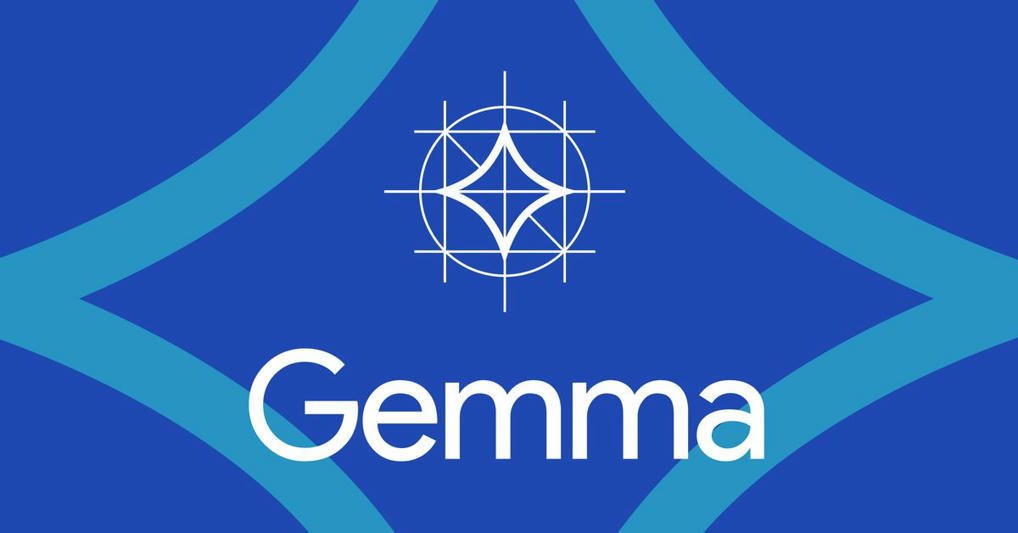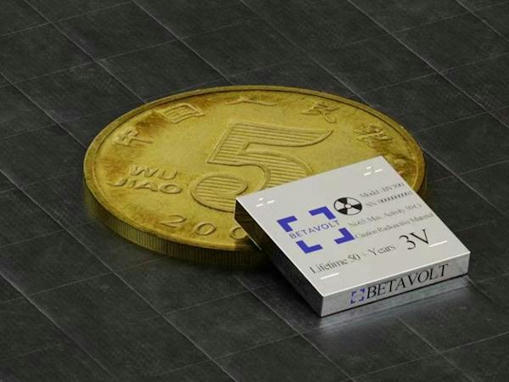
NASA sends 4K video from a flying plane to the ISS using lasers
900 Mbps from Earth to orbit, and I still can’t get reliable Wi-Fi in my backyard
Jealous of the fact that the International Space Station has better internet than you do? Well, here’s one more benchmark to envy: NASA has successfully streamed 4K video from an in-flight aircraft to the ISS and back again.
Read the full article at: www.theregister.com








